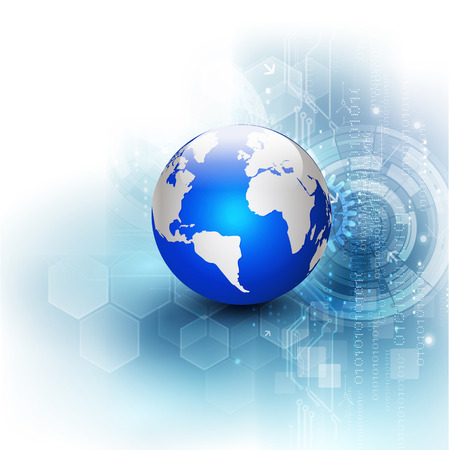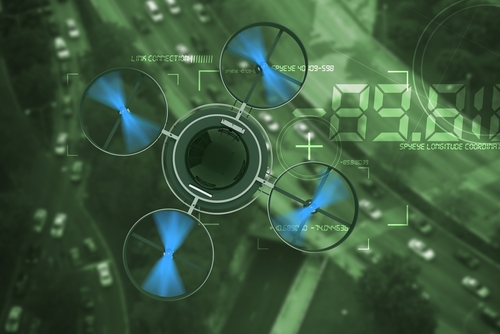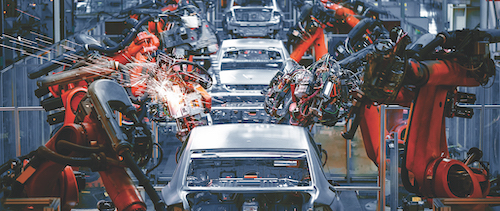The AI for Good Global Summit, co-organised by the UN International Telecommunications Union (ITU) and the XPRIZE Foundation, as well as support for some 20 UN agencies, kicked off this week on the 7th June in Geneva. Bringing together key innovators in the field with humanitarian actors and academics, it will run through until Friday, the closing session titled, “Applying AI For Good”.
“Artificial Intelligence has the potential to accelerate progress towards a dignified life, in peace and prosperity, for all people,” said UN Secretary-General António Guterres. “The time has arrived for all of us – governments, industry and civil society – to consider how AI will affect our future.”
In a video message to the summit, Mr. Guterres called AI “a new frontier” with “advances moving at warp speed,” noting that that while AI is “already transforming our world socially, economically and politically,” there are also serious challenges and ethical issues which must be taken into account – including cybersecurity, human rights and privacy.
Mr. Guterres also noted that developing countries can gain from the benefits of artificial intelligence, but are also at the highest risk of being left behind.
“This Summit can help ensure that artificial intelligence charts a course that benefits humanity and bolsters our shared values,” he said.
ITU Secretary-General Houlin Zhao said the event “will assist us in determining how the UN, ITU and other UN agencies can work together with industry and the academic community to promote AI innovation and create a good environment for the development of artificial intelligence.”
He called the summit a “neutral platform for international dialogue” which can build a common understanding of emerging technologies and how they can apply to the Sustainable Development Goals (SDGs), adding that the divers array of thought leaders gathered for the event will weigh in on such topics as “how far AI can go, how much it will improve our lives, and how we can all work together to make it a force for good.”
References: UN


.jpg)
.jpg)
.jpg)

.jpg)
.jpg)



